Policy and Society Research Cluster
The Policy & Society Research Cluster promotes interdisciplinary research on social, economic, and policy issues, with a focus on Southeast Asia and other parts of Asia. Research will explore interactive dynamics between local, national, regional, and global actors, and unveil the forces and mechanisms behind social change, economic development, and governance transformation. While recognising the importance of rigorous research, we pay special attention to policy implications of our research and foreground the efforts to connect researchers and policy stakeholders, such as governments, NGOs, and communities. The cluster members work on a wide range of issues, including - but not limited to - trade, politics, security, new industries, food, migration, ethnicity, religion, social justice, social institutions, and popular movements.

Steven’s research interests include anthropology of the state, postcolonial political economy, labour migration, informal economy, border studies, Myanmar, Thailand. His current research focuses on the politics of informal labour at a squatter settlement on the outskirts of Yangon, Myanmar's former capital. His previous research examined workers' struggles and migrant labour regulation along the Thai-Myanmar border.
/241-2024.01.09-11-ntu---staff-portraits-2024-01-11-13.46.48---22430-circle-_compressed.png?sfvrsn=501b52e6_1)
LOH Ming Hui Dylan
Associate Professor
Office: SHHK-06-07
Telephone: 65924308
Email: [email protected]
Dylan’s research focuses on Chinese diplomacy, ASEAN regionalism and the political effects of new technologies. He has two ongoing research projects. The first examines non-states and contested states conduct diplomacy and the second investigates the socio-political effects of cryptocurrencies and Central Bank Digital Currencies.
/walid-jumblatt-bin-abdullah.jpg?sfvrsn=63dd8313_1)
Walid Jumblatt Bin ABDULLAH
Associate Professor
Assistant Chair (Students)
Office: SHHK-06-05
Telephone: 6514 1721
Email: [email protected]
Walid's research interests include politics of Southeast Asia, with a particular focus on Singapore and Malaysia, religion and the state, parties and elections, and political Islam.
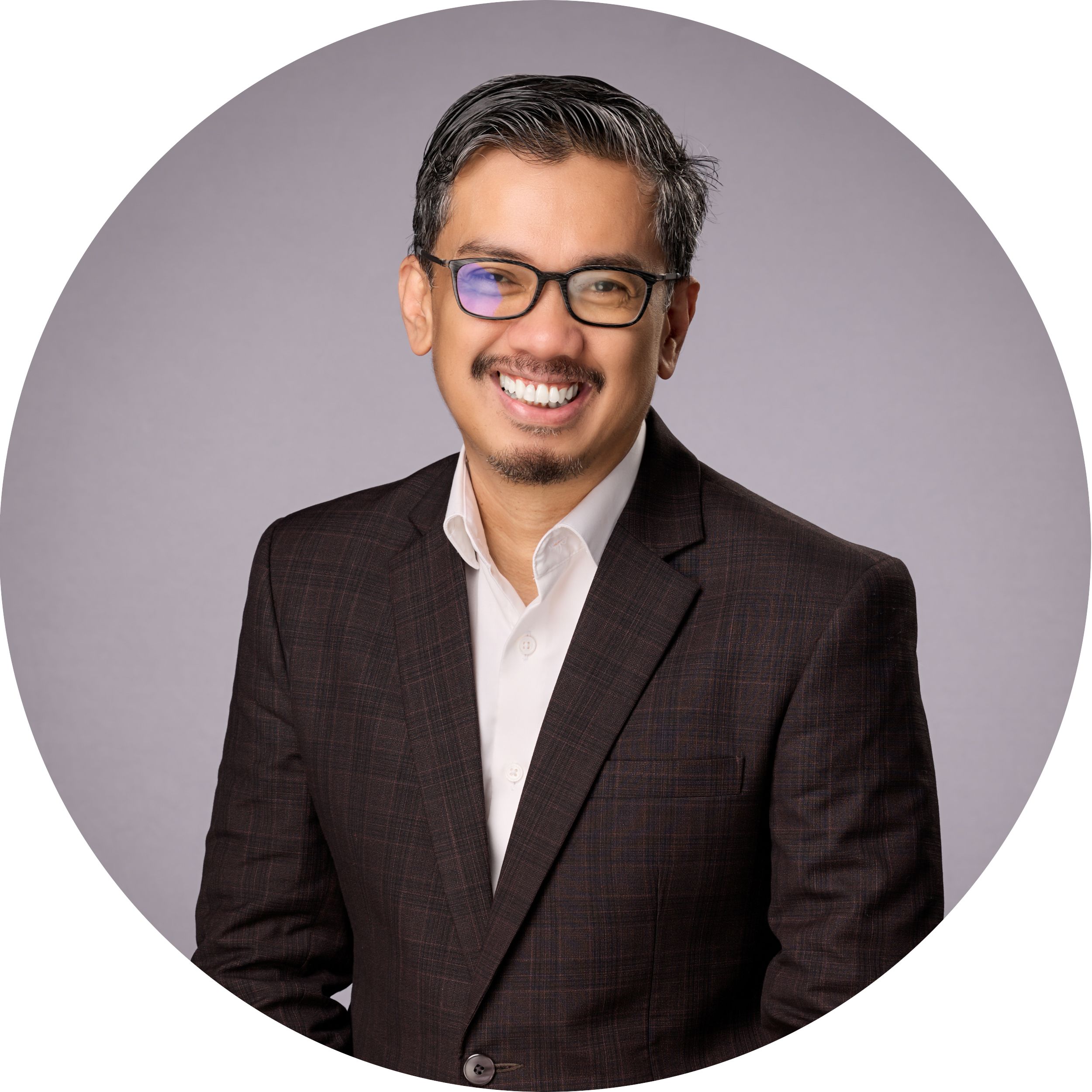
Sulfikar AMIR
Associate Professor
Office: SHHK-05-31
Telephone: 6316 8839
Email: [email protected]
Sulfikar Amir's research interests primarily focus on examining institutional, political, and epistemological dimensions of scientific knowledge and technological systems. He has conducted research on technological nationalism, development and globalisation, nuclear politics, risk and disaster, design studies, city and infrastructure, and resilience.
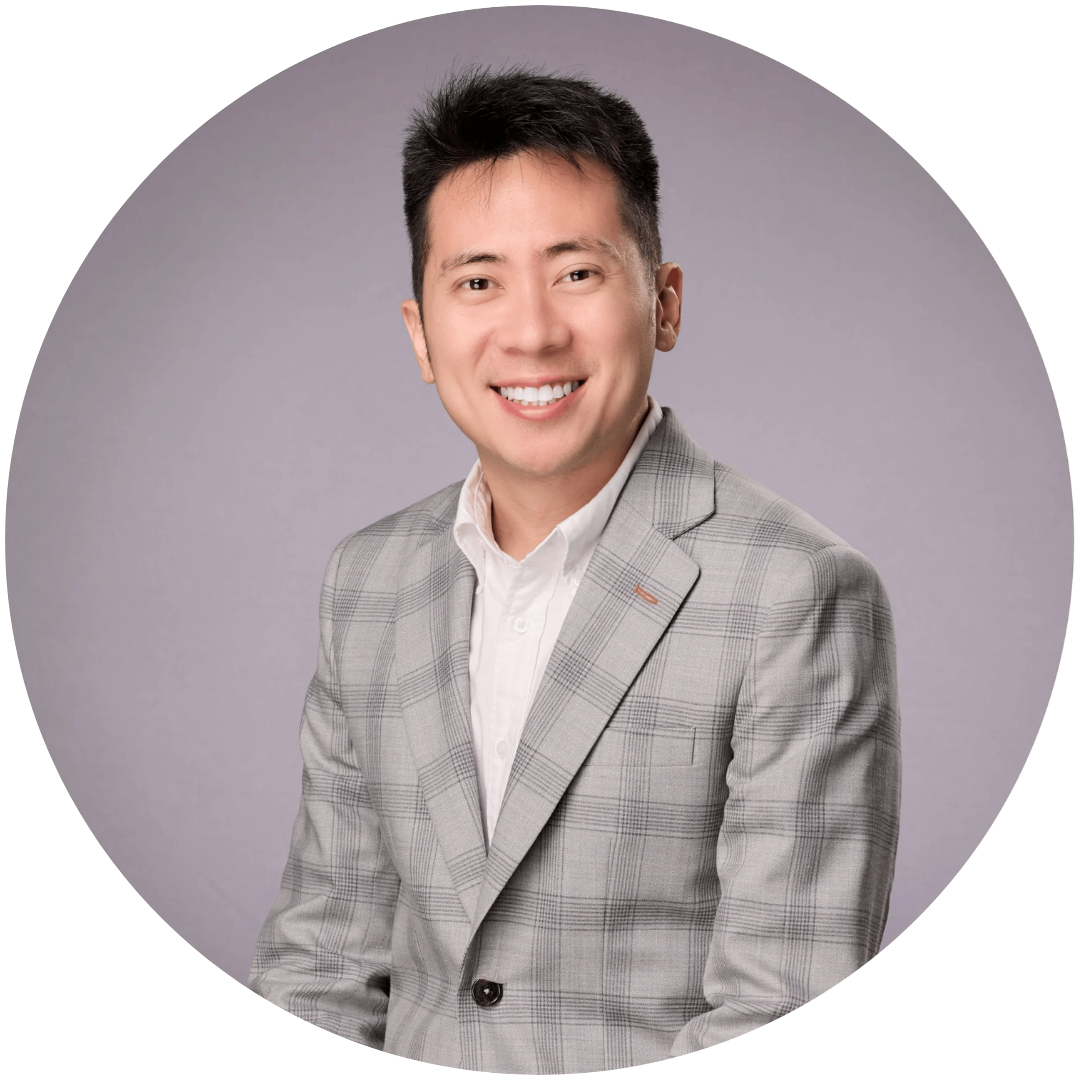
Shannon ANG Jia Wei
Assistant Professor
Deputy Director, Centre for the Study of Social Inequality
Office: SHHK-05-28
Telephone: 65138141
Email: [email protected]
Shannon primarily uses quantitative methods to pursue research interests in life course sociology, focusing on the health and social lives of older adults. This includes the social support and social participation (including online participation) of older adults, and their implications for mental and physical health outcomes. He also examines population trends in areas such as social cohesion, union formation (e.g., marriage, cohabitation), and how ’linked lives’ (e.g., spouses) may affect each other.
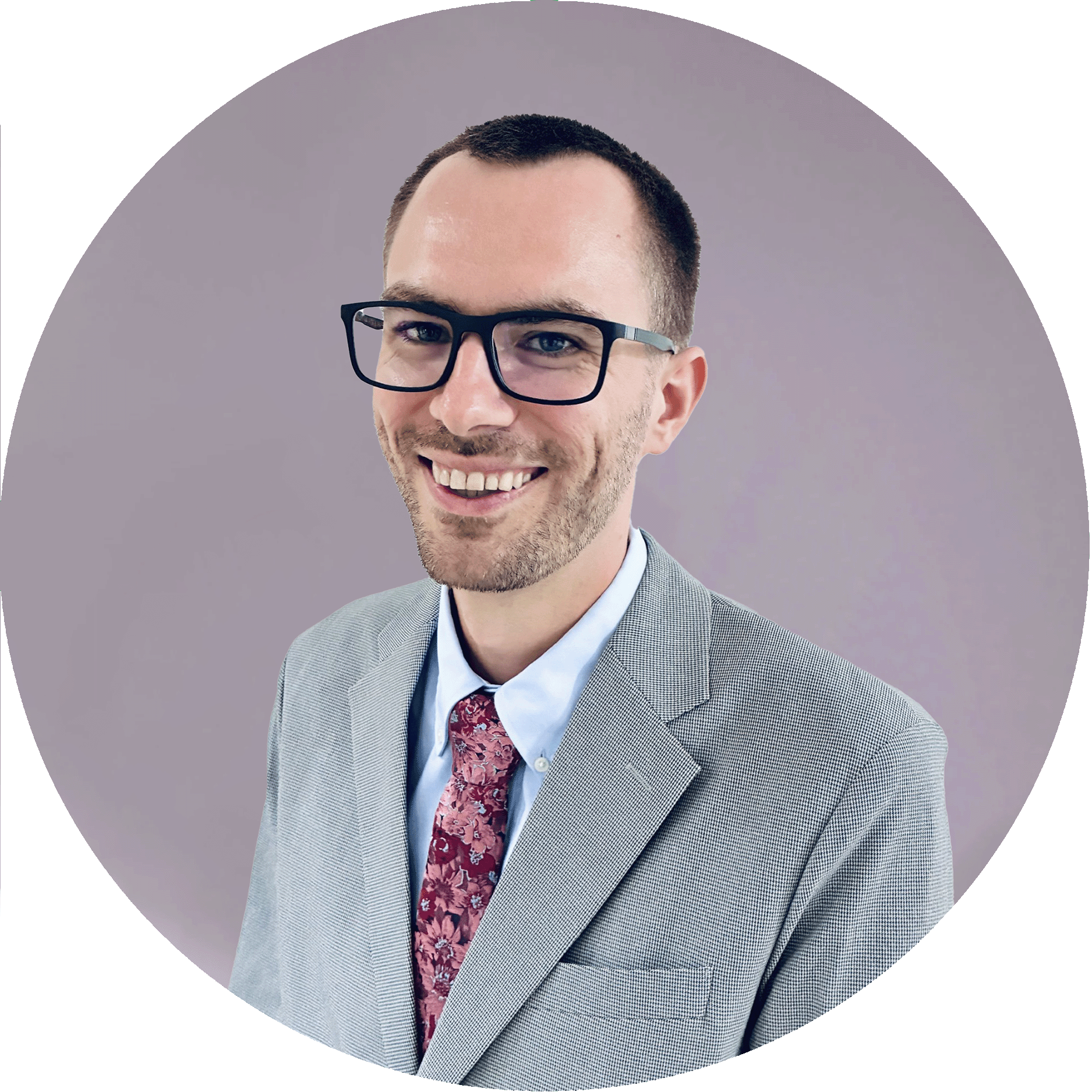
Christopher CHAPMAN
Assistant Professor
Office: SHHK-04-93
Email: [email protected]
/meng-hsuan-chou.png?sfvrsn=c65afe99_1)
CHOU Meng-Hsuan
Associate Professor
Provost's Chair in PPGA
Office: SHHK-06-10
Telephone: 6592 3707
Email: [email protected]
Applying a public policy perspective, Hsuan is researching the emergence and evolution of higher education regionalisms in Asia and Europe, how governments around the world strategise in the global talent competition, and the relationship between policy design and the effects of on-demand food delivery.
/asst-prof-olivia-choy.png?sfvrsn=4cd8fd6f_1)
Olivia CHOY
Associate Professor
Office: SHHK-04-08
Telephone: 6592 1522
Email: [email protected]
Olivia adopts an interdisciplinary approach that examines biological factors, together with psychological and social environmental variables, to gain a more complete understanding of what underlies criminal behaviour in adults and antisocial behaviour in children, as well as treatments to reduce these behaviours. Some of her current research work involves a collaboration with the Singapore Prison Service and the Central Narcotics Bureau. She is also a board member of the three-generational, longitudinal Joint Child Health Project in Mauritius.
/chua-yeow-hwee.png?sfvrsn=a139da84_1)
CHUA Yeow Hwee
Assistant Professor
Office: SHHK-04-62
Telephone: 6790 4983
Email: [email protected]
Yeow Hwee is the Deputy Director of the Economic Growth Centre at NTU and the Assistant Honorary Secretary of the Economics Society of Singapore. His research interests lie in the intersection of macroeconomics and finance, with a focus on topics in household finance, sustainable finance, behavioural macroeconomics, and monetary economics.
/230-2024.01.09-11-ntu---staff-portraits-2024-01-11-13.05.02---22363-circle-_compressed.png?sfvrsn=592d7a0_1)
Soojin's research interests include policy effectiveness, citizen satisfaction/participation, public-private partnerships, and public budgeting and financial management. She has gained the research experience as a public administration (PA) scholar examining diverse (1) institutional, (2) managerial, and (3) contextual factors embedded in public policy and management. She has continued this line by pursuing evidence-seeking exploratory work within the broad area of strategic public management, using case studies, large scale empirical data analysis, survey experiments, and mixed methods such as self-administered surveys and interviews.

Kei KOGA
Associate Professor
Head, PPGA
Office: SHHK-06-12
Telephone: 6592 3720
Email: [email protected]
Kei is a Non-Resident Fellow at The National Bureau of Asia Research (NBR), the United States, and a member of RIPS Research Committee, the Research Institute for Peace and Security (RIPS), Japan. His research focuses on International Security, International/Regional Institutions (particularly ASEAN), and East Asian/Indo-Pacific security.
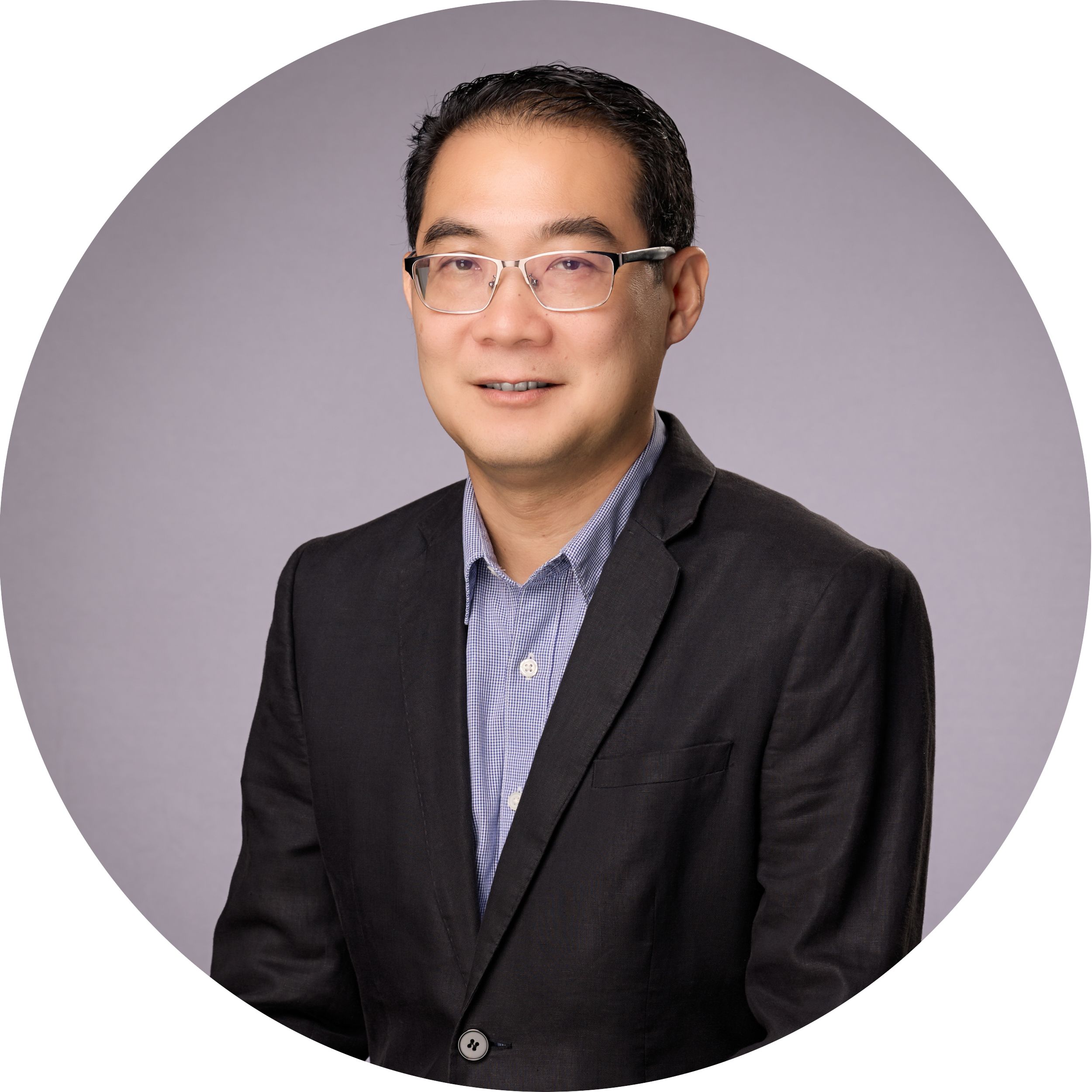
Francis LIM Khek Gee
Associate Professor
Office: SHHK-05-29
Telephone: 6316 873
Email: [email protected]
Francis has research interests revolve around religion and culture in various Asian cultures and societies. He has conducted research in Nepal, Singapore, Tibet, and other parts sites in China. His current project looks at vernacular shrines in Singapore as religious cultural heritage and sites of local community formation.
/093-2024.01.09-11-ntu---staff-portraits-2024-01-09-16.42.50---21540-circle-_compressed.png?sfvrsn=bfccdec2_1)
LIU Hong
Professor & Associate Vice President, International (Liaison & Coordination)
Tan Lark Sye Chair Professor of Public Policy and Global Affairs
Director (Research & Executive Education), Nanyang Centre for Public Administration
Office: SHHK-05-56
Telephone: 6592 7570
Email: [email protected]
Liu Hong's research interests cover ethnicity, Chinese diaspora, international migration, nationalism and transnationalism, China, and Southeast Asia. His current projects include “Transnational Knowledge Transfer and Dynamic Governance in Comparative Perspective,” "Plural Co-existence and Sustainable Development," and "Globalisation, Brain Circulation and Competition for International Talents."
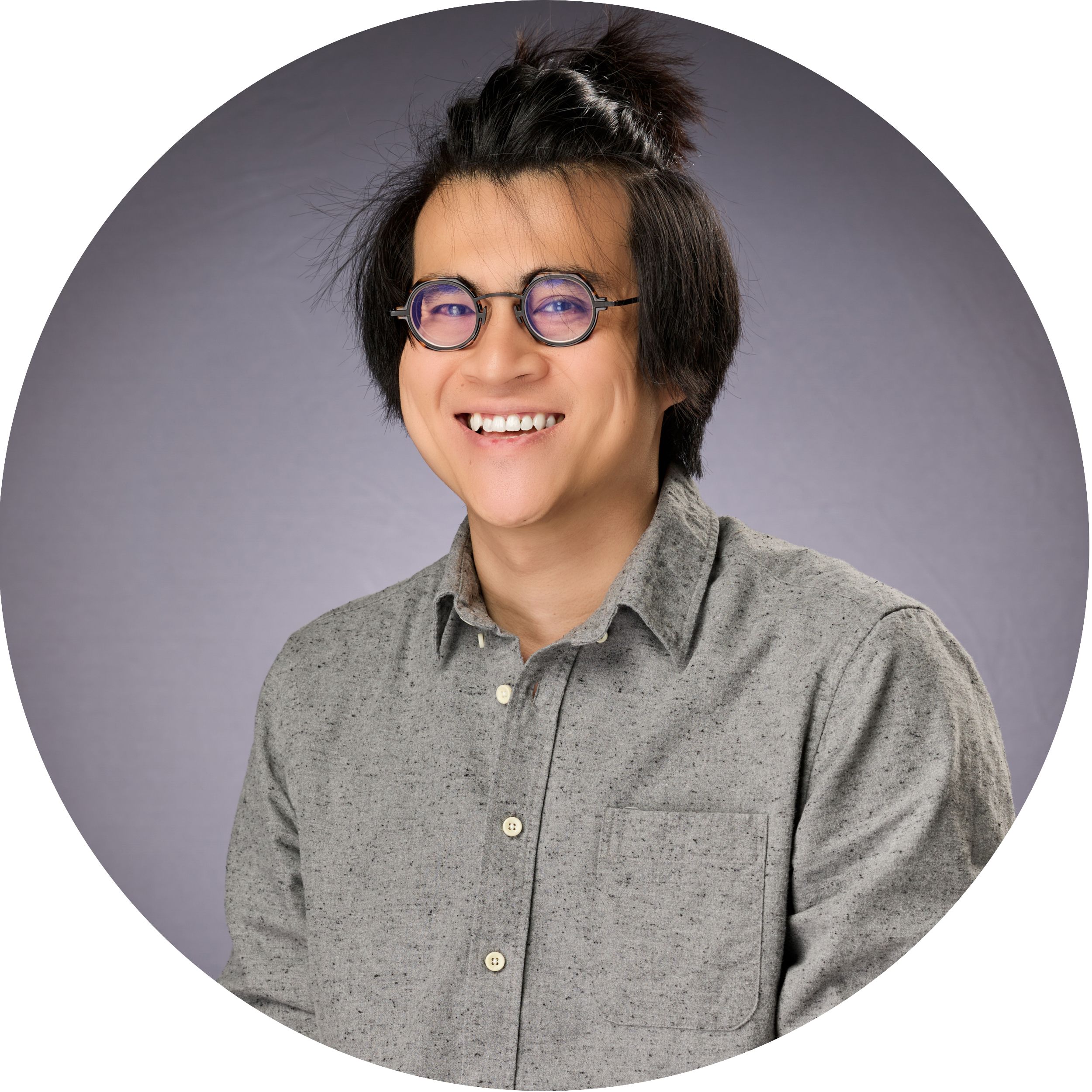
MA Xiangyu
Assistant Professor
Office: SHHK-05-40
Telephone: 6316 8833
Email: [email protected]
Xiangyu's research involves the use of computational techniques to study the processes of production, consumption, and evaluation in “cultural” markets, such as the literary arts, televisual arts, and music. His most recent work examines the semantic ambiguity around the concept of taste and audience reception of authenticity within creative industries. His writings have been published in outlets such as Poetics and Cultural Sociology.
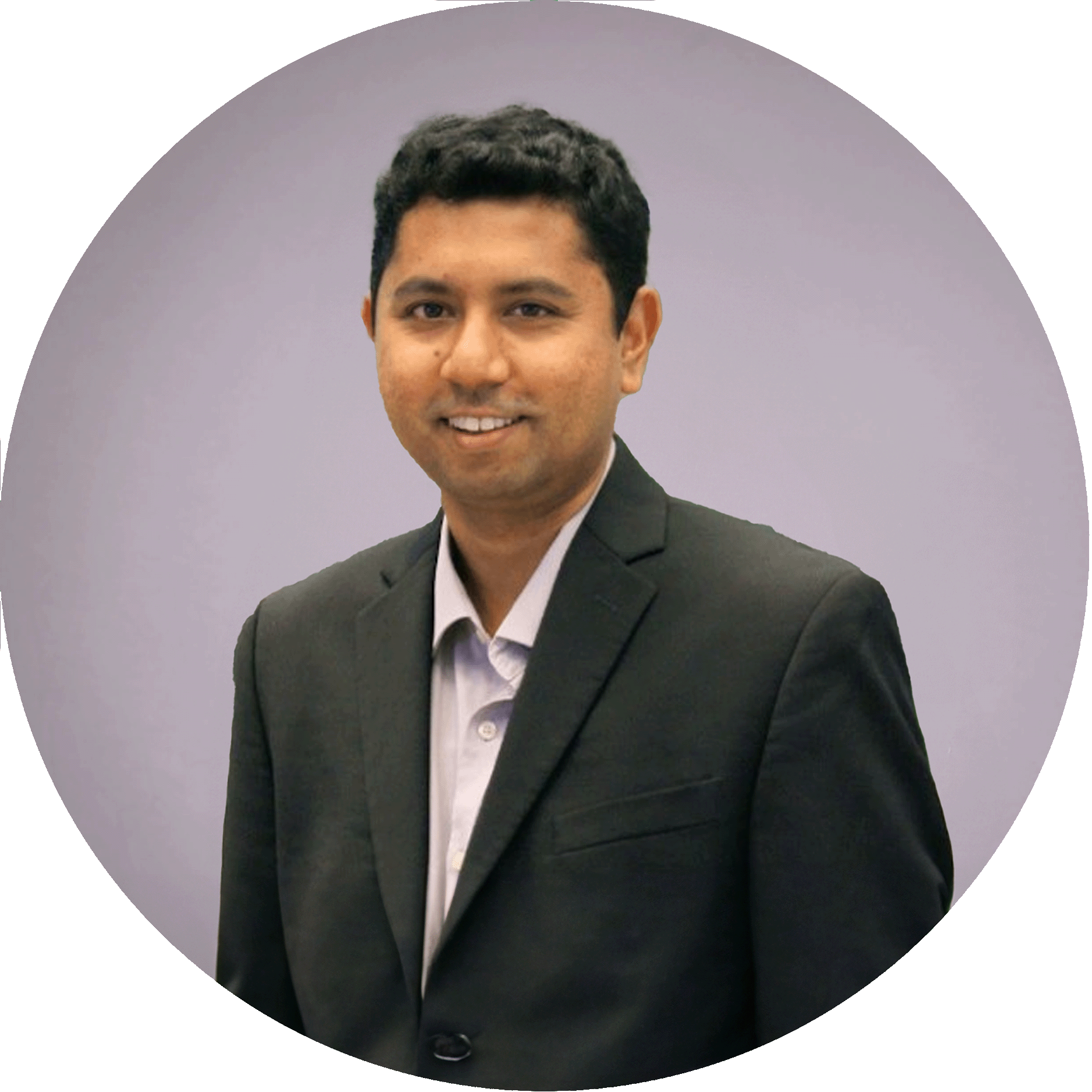
Kamaludeen Mohamed NASIR
Professor
Associate Chair (Graduate and Continuing Education)
Office: SHHK-05-25
Telephone: 6592 7535
Email: [email protected]
Kamaludeen has published articles which focus on cultural sociology, social theory, the sociology of youth, and deviance and social control. He is the author/co-author of six books including Muslims in Singapore: Piety, Politics and Policies (2010), The Future of Singapore: Population, Society and the Nature of the State (2014) and Representing Islam: Hip-Hop of the September 11 Generation (2020). His latest book, which is being published this fall, is called The Primordial Modernity of Malay Nationality: Contemporary Identity in Malaysia and Singapore (forthcoming with Routledge’s Advances in Sociology series).
/037-2024.01.09-11-ntu---staff-portraits-2024-01-09-11.52.57---21083-circle-_compressed.png?sfvrsn=3fbf71eb_1)
Nattavudh (Nick) POWDTHAVEE
Professor
Office: SHHK-04-72
Telephone: 6790 6785
Email: [email protected]
Nick's research interests include the economics of mental health and well-being; behavioural economics; fairness; AI and human interaction; climate change and sustainability.
/280-2024.03.27-ntu---staff-portraits---2024-03-27-10.19.53---28576-circle-_compressed.png?sfvrsn=69bbf1cd_1)
Nilay SAIYA
Associate Professor
Office: SHHK-06-03
Telephone: 65921717
Email: [email protected]
Nilay Saiya’s research interests include religion and global politics and religious violence. He has written on the connections between religious repression and various forms of political violence. He is author of Weapon of Peace: How Religious Liberty Combats Terrorism (2018), which argues that the suppression and not the expression of religion leads to violence and extremism. He is currently involved in a project examining how politics shapes rates of religious growth and decline.
/153-2024.01.09-11-ntu---staff-portraits-2024-01-10-13.01.29---21890-circle-_compressed.png?sfvrsn=30d7e73e_1)
Swati SHARMA
Lecturer
Office: SHHK-04-48
Telephone: 6790 6751
Email: [email protected]
Swati contributes towards teaching the ICC course on sustainability. She is an interdisciplinary researcher, and her research lies at the intersection of economics, clean energy, and sustainability. The present focus of her research is to understand human behaviour and decision-making in the domains of clean energy, climate change, and sustainability by mainly using tools from economics. Her work also focuses on understanding crucial determinants of climate change policy, global agreement adoption, and sustainable development goals.
/dr-felix-tan2.png?sfvrsn=e6fc3cd8_1)
Felix TAN
Lecturer
Office: SHHK-05-01
Telephone: -
Email: [email protected]
Felix's research interests include Comparative Politics; Theories of International Relations; Southeast Asian History, Politics and Governance.
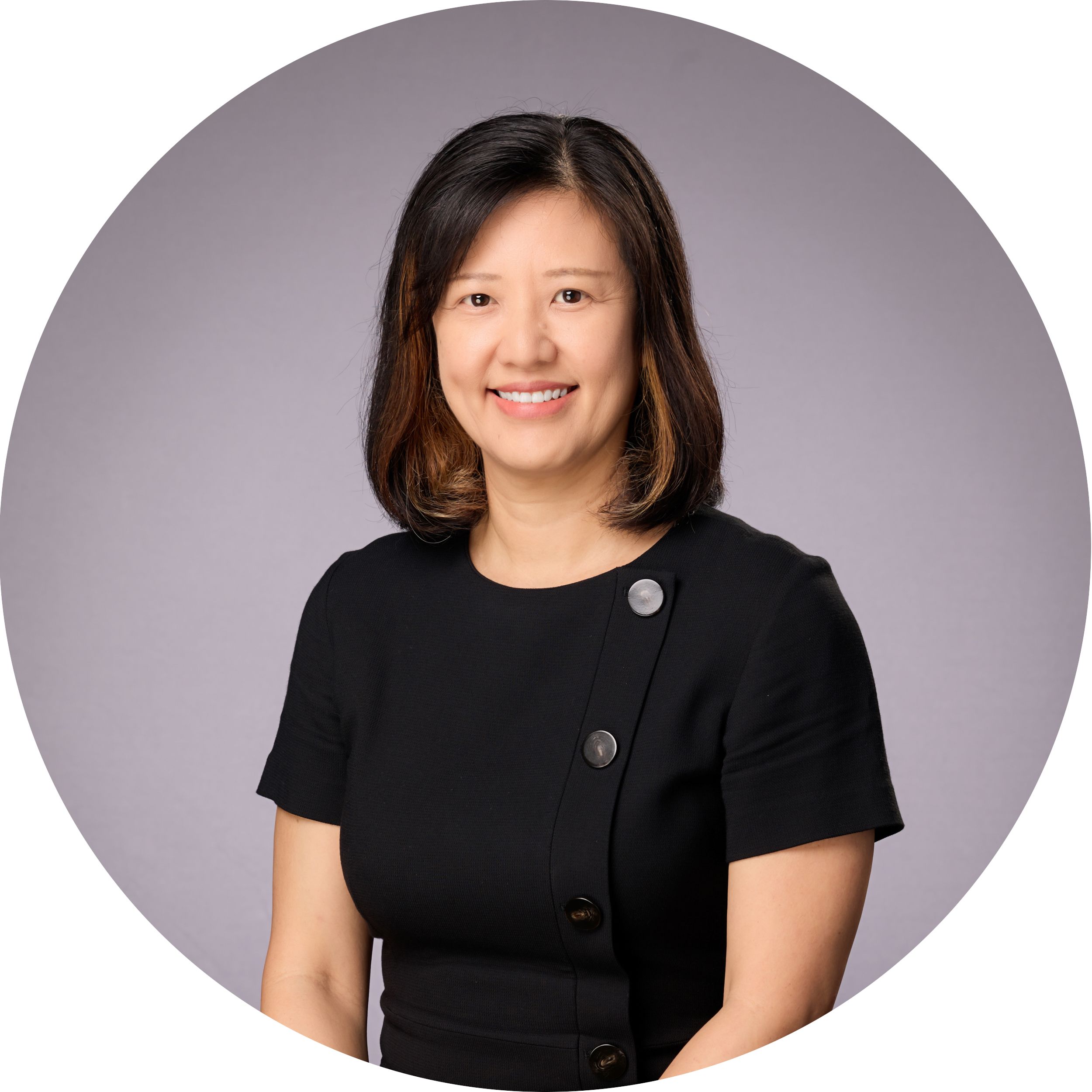
TEO You Yenn
Associate Professor
Provost's Chair in Sociology
Director, Centre for the Study of Social Inequality
Office: SHHK-05-46
Telephone: 6316 8730
Email: [email protected]
You Yenn's research interests are in poverty and inequality, governance and state-society dynamics, gender, and class. Ongoing projects focus on care/welfare regimes and how they shape ordinary people's lives, and household budgets for meeting basic needs. You Yenn is the author of Neoliberal Morality in Singapore: How family policies make state and society (Routledge, 2011) and This is What Inequality Looks Like (Ethos Books, 2018). She is a founding editor of AcademiaSG, which promotes Singapore scholarship and public discourse. More information about her work at: https://teoyouyenn.sg.
/103-2024.01.09-11-ntu---staff-portraits-2024-01-10-09.58.46---21617-circle-_compressed.png?sfvrsn=d66c045a_1)
Catherine WAN Ching
Associate Professor
Office: SHHK-04-10
Telephone: 6316 8945
Email: [email protected]
Trained as a social and cultural psychologist, Ching's research examines the psychological processes in which culture and the self-interact. Her recent work examines how individuals’ identity relates to their representations of their culture, and group similarities and differences in such processes. Her work employs mixed methods from qualitative interviews to quantitative social psychological surveys and experiments to computational text analysis.
/127-2024.01.09-11-ntu---staff-portraits-2024-01-10-11.32.16---21753-circle-_compressed.png?sfvrsn=74863e55_1)
WU Guiying Laura
Associate Professor
Office: SHHK-04-77
Telephone: 6592 1553
Email: [email protected]
Laura's research centres on the effects of various distortions and frictions on firms' investment and financing behaviour and their implications to economic development and resource allocation, with a particular focus on China. She is currently working on three research projects: first, the motives and consequences of Chinese firms' overseas financing and investment behaviour; second, how IPO policy in China distorts capital allocation; and third, the effect of digital technology on production, innovation, and resource reallocation.
/185-2024.01.09-11-ntu---staff-portraits-2024-01-10-16.04.38---22083-circle-_compressed.png?sfvrsn=8cbd4da8_1)
YE Guangzhi
Assistant Professor
Office: SHHK-04-79
Telephone: 6790 4762
Email: [email protected]
Guangzhi specialises in macroeconomics and finance. His research focuses on the interactions between firms' investment and financing behaviours, as well as the aggregate impacts of the growing importance of intangible capital. He also examines the macroeconomic implications of environmental policies, uses firm-level data to explore how firms respond to various types of shocks, including monetary policy, financial, supply chain, and climate-related shocks. Additionally, he investigates the international spillover effects of these policies and shocks.
.png?sfvrsn=d3d6b5d6_1)
YE Junjia (JIA)
Associate Professor
Office: SHHK-04-91
Telephone: 6904 7159
Email: [email protected]
Junjia's research interests include labour migration, diversification and urbanisation. She uses qualitative methods in her work, including visual methods through film and photography.
/010-2024.01.09-11-ntu---staff-portraits-2024-01-09-10.17.45---20827-circle-_compressed.png?sfvrsn=c9b12bd_1)
Jonathan YEO
Assistant Professor
Office: SHHK-04-63
Telephone: 6790 4496
Email: [email protected]
Jonathan's research interests are in Behavioural and Experimental Economics, especially with regards to how intra and inter-group interactions are influenced by social, psychological and cultural factors. He is particularly interested in how these interact with economic factors to influence outcomes like inequality and efficiency.
